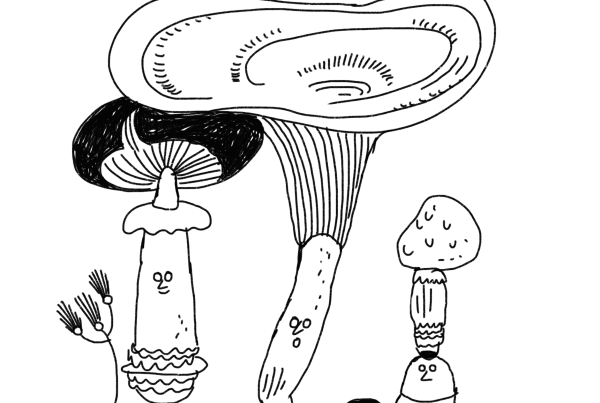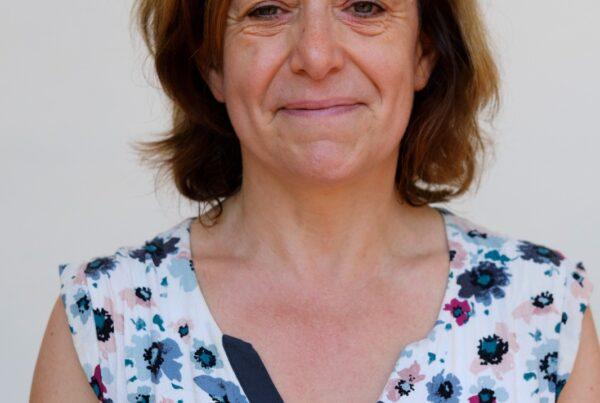ASSITEJ is an international, global association. Our members are currently across more than 76 countries in 6 continents. As such, we are very often faced with situations of global, regional or local conflict. We hear of situations of oppression and persecution. We know that very often, in most cases, children and families are negatively affected.
ASSITEJ is an inclusive association that works to uphold the rights of the child to arts and culture and their right to self-expression, as stated in Articles 13 and 31 of the United Nations Declaration of the Rights of the Child. This declaration, which covers all aspects of rights for children and young people, was signed by most of the countries where our members reside.
Not only have countries signed the declaration, they have also made the commitment to work actively towards these rights.
In 2020, the Executive Committee of ASSITEJ, in consultation and cooperation with members, wrote the ASSITEJ manifesto around Articles 13 and 31 in the declaration of the rights of the child. We have been sharing this Manifesto and using it as a focus for action for our sector globally. Our constitution states:
Article 1.2.4 Child safety and child rights.
ASSITEJ is committed to promoting the safety, participation and empowerment of all children and will support no action that intentionally harms children physically, sexually, emotionally, psychologically or culturally in any context.
We want to face situations where we can see these rights are threatened in order to focus strongly on how children and young people are impacted.
This forms the foundation for ASSITEJ International’s action in speaking out or writing statements that uphold the rights of the child and defend young people’s place as contributors, cultural actors and valued members of society.
ASSITEJ will keep a global perspective on our actions in support of the rights of children and young people. We will endeavour to play a consistent role in this, acknowledging the complexity and uniqueness of every conflict and the involved parties and that this cannot always be rationally or emotionally fully understood from the outside. The side we will always take and support is the one of children and young people, who are often affected by and not the ones responsible for these situations.
By having a more public expression of what we believe, ASSITEJ demonstrates the values the Association stands for and the aims of the Association; a spirit of generosity and inclusivity, with artists and young audiences at the fore and a core determination to uphold the rights of young people to culture and the arts and to self-expression.
We acknowledge that with our audience, our work intersects with education, with families and their welfare, with justice and with community well-being. It is tied strongly to resilience and the development of confidence, to the inspiration of hope and imagination. We cannot ignore the moments, the actions, the policies and the conflicts that impact strongly on the rights and hopes of children and young people.
ASSITEJ International serves to unify and strengthen theatre and performing arts for children and young people around the world. We acknowledge that artists are not their Governments, and we will not punish the individual for the actions of politicians, governments, or leaders.
ASSITEJ will, however, require a similar commitment from our members and ask National Centres and International Professional Networks, and ASSITEJ Affiliates to uphold the values of the Association.
How we create public statements
The ASSITEJ Executive Committee is made up of people from 15 different countries covering regions across six continents. Our awareness of issues and present threats comes from our members and knowledge of their situations.
Guidelines
- the statements that come from ASSITEJ international may highlight the specific but use the situation as a way of addressing the threats to the cultural rights of young people everywhere;
- We remain aware of the geographical spread of our members and that conflict and violence happens in ways that impact children, young people and families from the domestic to the geopolitical;
- In our statements, we do not judge but focus on the negative impact on children and young people and their hope for the future. Through our statements and our Manifesto we ask decision-makers to always consider children and young people because even if the issue is not about them, it always affects them.
- The protest around each specific situation – the concrete words and actions – should come from the region, not from the global organisation, unless it is a global matter like natural catastrophes, global warming or situations that are not between two clear parties and that threaten children and artists or if the situation contravenes our stated aims and mission in our constitution including the safety of children;
- We do not take sides with any government, leadership, political party or region undergoing violent conflict or engaging in the same;
- We do not punish artists, members or the young people we serve for the actions of their governments or leaders;
- We urge the need for empathy, for community, for emotional connection, for interpretation. We urge the need for nuance in the world, for exchange, debate and respect;
- Our first audience for the public statements we create is our members – a community of people who are dedicated to theatre and performance for children and young people and all that that entails.
- In our statements, we try to point out the effects of a conflict or issue on the child’s well-being, including the child’s freedom to experience and create art. We link our statement to how the problem (e.g. pandemic, war, gender violence) deprives children from their right to culture and art and why they explicitly need this access to the performing arts to deal with the situations they are living in.
- We remind our members of the need for hope, empathy and freedom of identification. We believe in the power of theatre and performance to change perspectives and to bring the solace of escape, comfort or interpretation to crisis situations.
Procedure
In every case, ASSITEJ International should avoid a purely emotional or personal response. If a situation is personal for members or for someone in the Executive Committee, it is still important to keep a global response that can make it universal and resonate with our international community.
This means finding the heart of the issue for ASSITEJ – is the situation affecting artists or young people? Does the situation infringe the rights of the child, especially their rights to self-expression and to arts and culture? What can our focus on theatre and performance, and our aim of unity, bring to the response?
A member of the Executive Committee, usually the President, but it can come from any officer or member, will write a draft and send it to the whole Executive Committee for comments, discussion and feedback. This will result in a final statement.
The EC will vote on the final version. If the vote is in the majority, with objections discussed, the statement will be released on social media, in our newsletter and on the website, and potentially direct to members.
Actions alongside statements
We always work to unify and connect people. In every case, we will try to support and strengthen the local TYA community wherever they are in what they need to create and deliver the on-the-ground actions in forms of performances and workshops and resources.
We link those in need to people and places who are able to provide services, expertise or content. For example – connecting artists creating work for audiences in crisis situations to artists trained in trauma practice with young people.
We create projects and campaigns to bring the voices of children and their access to art to the fore.
We share our Manifesto https://assitej-international.org/advocacy/manifesto
November 2023






